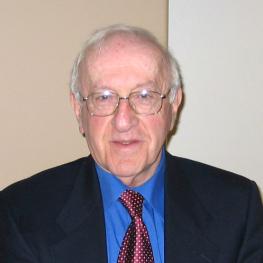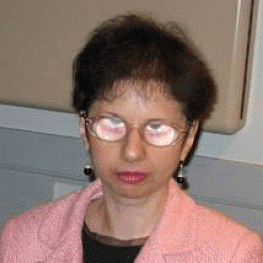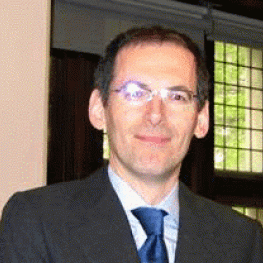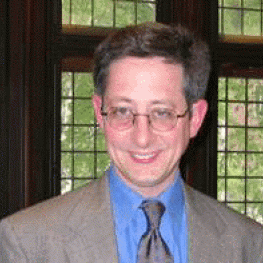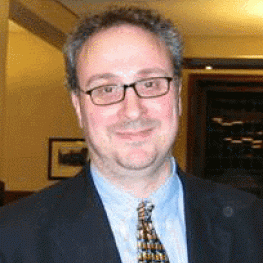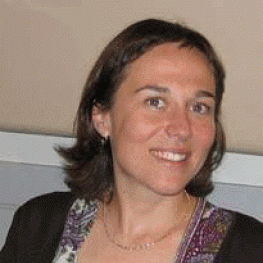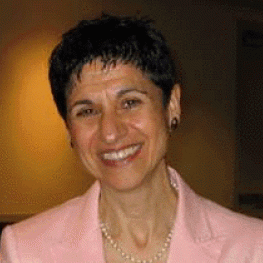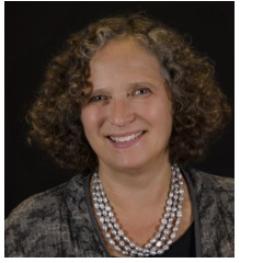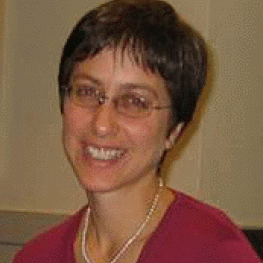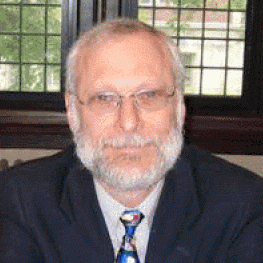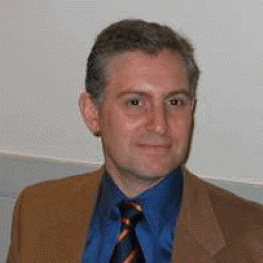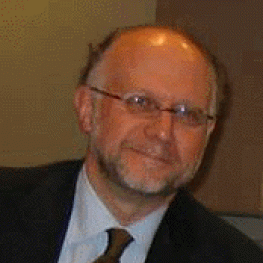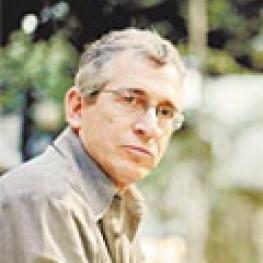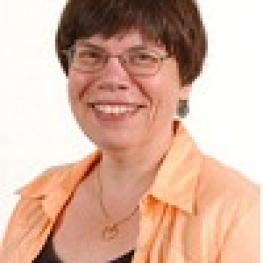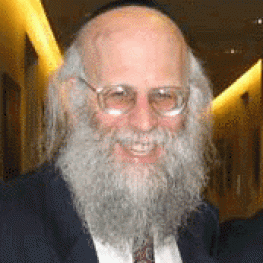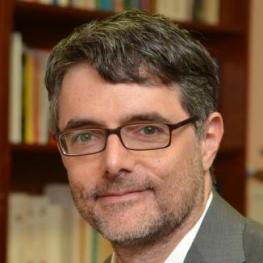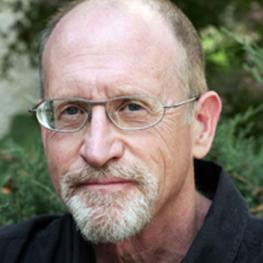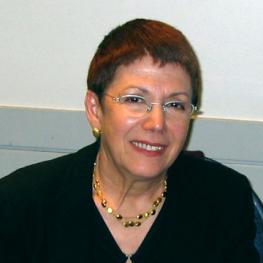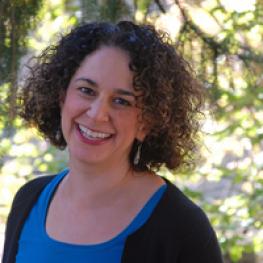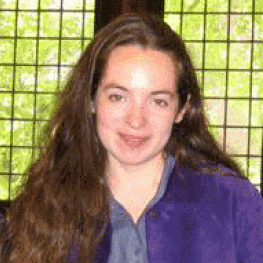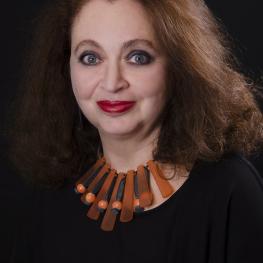Modern Jewish Literatures: Language, Identity, Writing
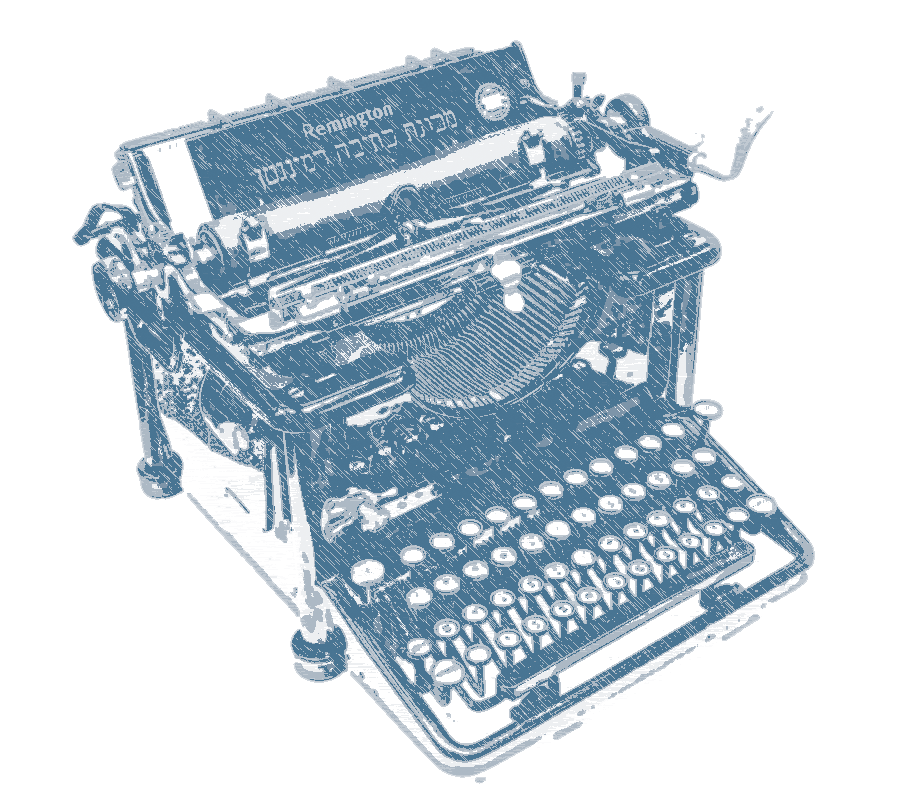
2004–2005
The field of modern Jewish literature falls into two general camps of scholars: those who study literature in the Jewish languages (Hebrew, Yiddish, Ladino, Judeo-Persian, etc.), and those who study literature by Jews in the American and European languages (English, German, French, Spanish, Russian, Polish, etc.). Until now, literary scholars have had little collective opportunity to address modern Jewish literature on its own terms, rather than as a subsidiary part of history or religion, and even less to engage in a comparative study of all the modern Jewish literatures and the various critical approaches that have been applied to them. The fellowship year proved to be a vibrant meeting of scholars of Jewish literature in both the Jewish languages and the “majority” languages, and a focused meditation on modern Jewish literature in its entirety and all its methods of study. This year’s volume, Modern Jewish Literatures: Intersections and Boundaries (2010) showcases some of the year’s wide-ranging topics. It was edited by Shelia E. Jelen, Michael P. Kramer, and L. Scott Lerner.
